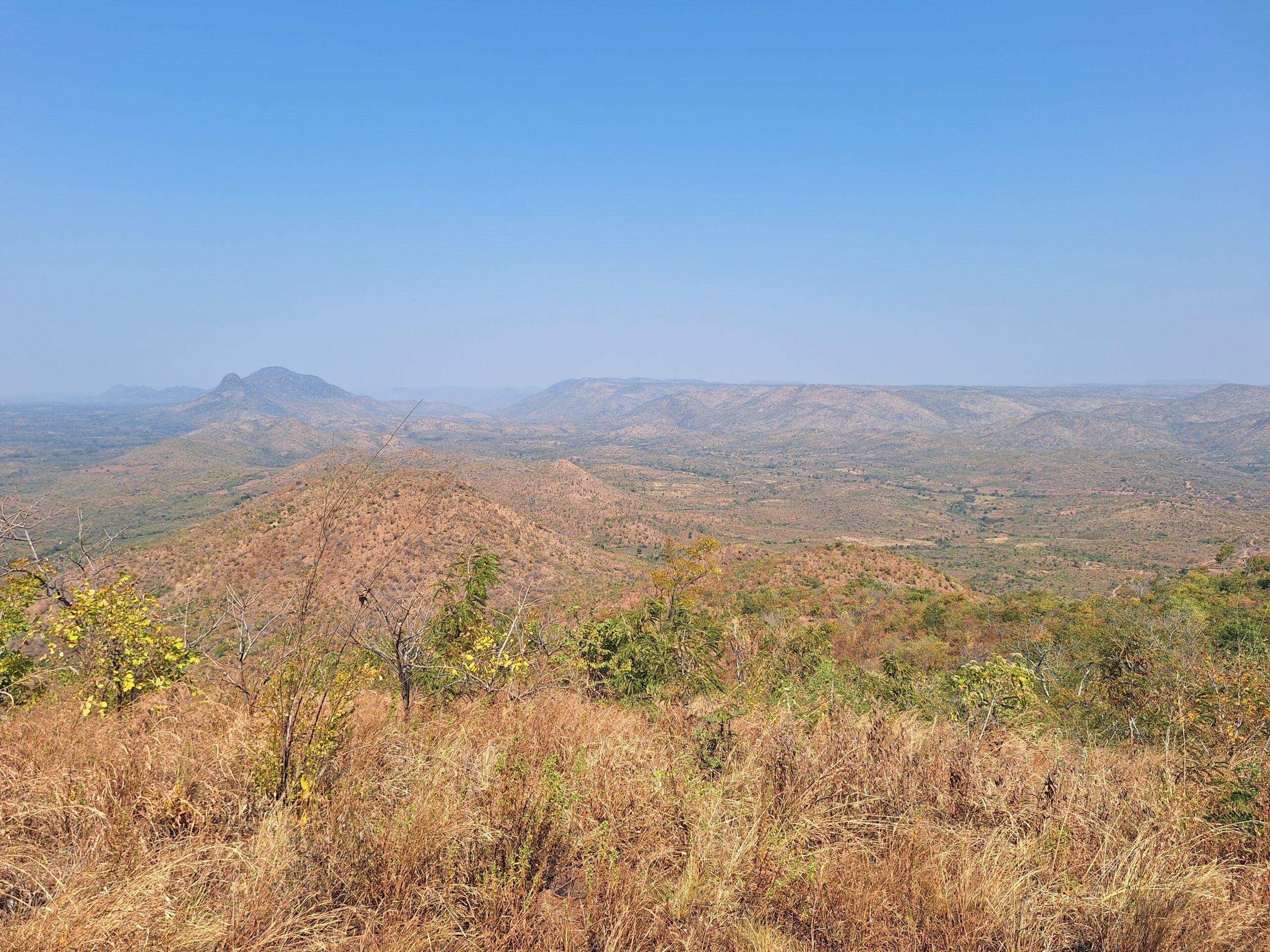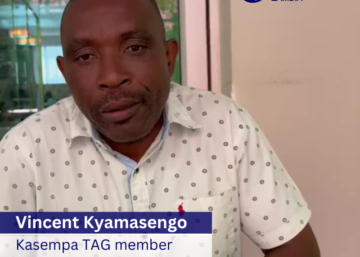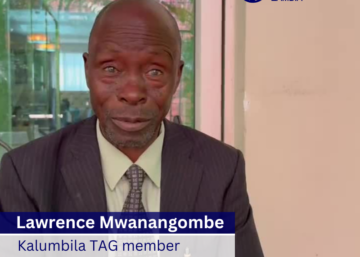In Eastern Province, we are lucky to count on the enthusiastic and tireless work of our Chipata Transparency Action Group (TAG). According to Chipata TAG Animator Mr. Reuben Zulu, who is also ALAC Coordinator, and Vice-Chairperson Mrs. Nellie Ndhlovu Ngulube, who is also Gender and Environment specialist, when it comes to environmental corruption, the main challenges faced in Eastern province concern illegal deforestation, depletion of the water resources, unsustainable farming, waste management and income benefits sharing from carbon credits funds.
“People dump everywhere, the environment is polluted”. This is both a matter of education and awareness, but also of planning and governance. Local authorities should be more active in managing the waste, but also in monitoring environmental crimes and holding wrong-doers accountable. “People are supposed to pay penalties, but they don’t. It can be a matter of corruption, or also of unwillingness or inability to prosecute wrong doers; our local authorities have laws and by-laws which are often ignored. This has an impact on the citizen”.
Similarly, there seems to be lack of enforcement of environmental regulation when it comes to protecting forests in Eastern province.
“Our region is full of hills, forests and rivers. These are precious natural resources serving as water catchment areas, providing clean water to our communities. Unfortunately, our forests are disappearing, threatened by deforestation and property development, for example Chipata Forestry where there are now big houses for politicians. If we don’t act, we risk being severely affected in the coming ten years”.
Chipata Forestry, once a green lush space in the hills surrounding Chipata, is now home to several buildings and houses. “Politicians have divided plots and assigned them to people close to them, houses have been constructed in unauthorized areas. Also citizens have been purchasing land and developing their property”.
Similarly to Forest 27 in Lusaka, what started off as a political issue with several corruption-related concerns has become a complicate matter that requires a delicate solution, as citizens have been legally purchasing their plots.
“As a TAG, we are currently analyzing the best approach to address this issue and mobilize as civil society, together with other CSOs. Demolishing what was built thus far is unlikely, but we must find a solution that ensures that people are not at loss, while preserving our environment’s well-being.
What is certain is that our environment is suffering. Our forests are being encroached, the effect has been filtration, and the upward rivers are drying up. The future of clean water in Chipata is questionable”.
Unfortunately, civil society’s mobilization has not encountered an active interest among duty bearers yet, but the issue is still ongoing. “People are not happy. We were proud to see how citizens have gone to media, to radios, to social media, and raised their voice on this issue. To contribute to such active citizenship is one of the main drivers of our work: (…) sensitizing the communities on social accountability issues, on their rights and on how to hold politicians accountable, and accompanying them in the process of articulating such demands, this is our main job. It gives us great satisfaction to see that, now, citizens do this autonomously: they call officials for meetings and debates, and we [the TAG] are simple external observers”.

TI-Z led training for TAG members from Chipata and Kasempa on climate financing, carbon markets and benefit sharing (October 2023)
As a TAG, another great success story has been their involvement in engaging traditional leaders, forestry departments and REDD+ project owners (Reducing emissions from deforestation and forest degradation in developing countries) to facilitate transparency and accountability in the forest carbon credits and benefits sharing projects in the district.
“We have been effectively monitoring and advocating for transparency in the management of our natural resources, such as carbon credits and benefits sharing in the province. This is a serious concern and needs urgent attention, we need budget tracking, social audit, social accountability if citizens are to benefit from this multi-million-dollar project. We can address this only if citizens know their rights and are able to report corruption cases, and if duty bearers remain accountable to them”.
Last year, Mr. Zulu and TAG Chairperson Lawrence Muzi carried out a corruption assessment in various community forestry management groups (CFMG) in selected districts to assess the levels of benefits sharing among CFMGs from carbon credit funds.
If you want to report corruption cases in any field kindly reach out to our TAG in Chipata, at COPECRED Office – Dzithandizeni community Premises. Contact: Animator ALAC Coordinator copecredrights@gmail.com or 0977616022
If you want to report cases directly to Transparency International Zambia, please contact: info@tizambia.org.zm or 0973 683 431 / 0955 504 535







